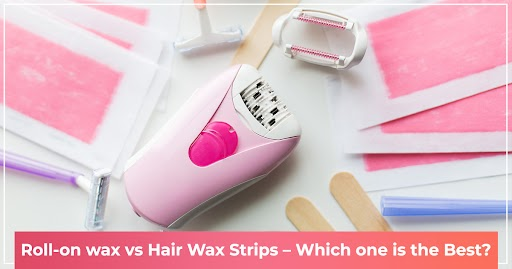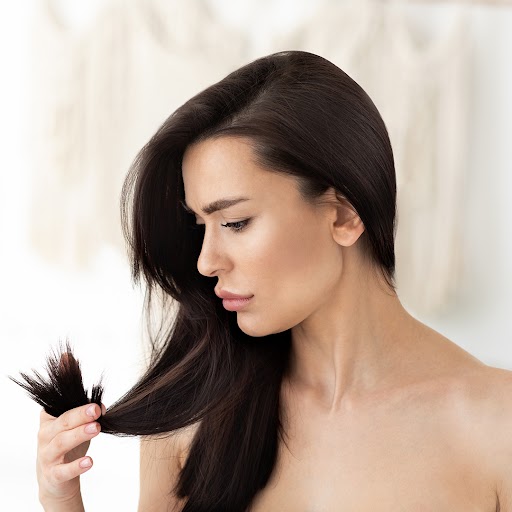Avoid These 7 Skincare Mistakes That Worsen Acne
Acne is quite a common skin condition where people suffer from pimples that generally occur on the forehead, face, shoulders, chest, and upper back. Acne can occur due to several factors such as imbalanced hormone levels, high humidity, using bad skincare products, and of course, genetics. Generally, acne occurs during the teenage years but can occur in adults too. Acne is a skin condition where the pores on your skin get clogged by sebum, hair, dead skin cells, or bacteria. If you are unaware of what sebum is, it is an oily substance, a little like sweat, the sebaceous glands secrete that in your skin. When the pores of your skin get blocked, it can give rise to nodules, whiteheads, blackheads, and other types of pimples as well. So, whether you are a teenager or an adult, you must know that acne occurs commonly and can be treated easily too.

Where does acne generally occur in your body?
Acne typically occurs on your face, forehead, shoulders, chest, and upper back as we mentioned above. Though we have oil and sebaceous glands throughout our body, acne generally occurs on the above-listed ones. You do not need to worry if you are an adult but still have acne because, contrary to common belief, acne may not go away after your teenage years. The best way that acne can be treated is first to diagnose how severe the condition is. Your acne may range from being mild, that is, a few breakouts once in a while, to moderate, where you get inflammatory pustules, and severe, where you suffer from cysts and nodules.

Different types of acne
Acne may occur on your skin in several forms. These could be-

- Whiteheads: These are tiny white bumps on your skin resulting from pores clogged by dead skin and oil.
- Blackheads: These are tiny open bumps on your skin that are filled with dead skin and excess oil. In appearance, they look as if your pores are filled with dirt. But they look like tiny black dots due to an irregular reflection of light on the clogged pore.
- Pustules: These are pimples that contain pus. In appearance, they look as if red rings are surrounding whiteheads. Your skin could get scarred if you pick or scratch the pustules.
- Papules: These are small inflamed red or pink bumps on the skin.
- Fungal acne or pityrosporum folliculitis: This type of acne occurs when an excess quantity of yeasts develops in the pores or hair follicles on your skin. These can then get inflamed and get itchy.
- Cysts: These are pimples filled with pus. They may cause scars on your skin.
- Nodules: These solid pimples are seated deep into your skin. They can get very large and painful.
Causes of Acne
Since acne is a hormonal condition driven by androgen, it generally occurs during a person’s teenage or young adult years. If a person has sensitive hormones and it combines with the bacteria on the surface of your skin alongside fatty acids released from oil glands, it would get acne. Certain factors cause acne or make the condition worse. These are-
- Fluctuating hormonal levels especially during the time of your period.
- If you pick at acne sores, it will make the condition worse.
- Air pollution and climate factors like high humidity could worsen acne
- You could get acne if you use too much oil or greasy skincare products. If you work at a place where you may often come in contact with grease, that could result in acne.
- Certain clothing like hats or headgear like helmets could cause acne due to the accumulation of sweat.
- Stress is a huge cause of acne to flare as it increases the level of the cortisol hormone.
- Certain medications could also result in acne
- Lastly, genetics play a major role in your skin conditions.
Diagnosis and Treatment for acne
If you feel that your acne is worsening than what is normal, you should consult a healthcare professional who will first tell you to take a skin exam. During this exam, they will diagnose your acne problem. They would ask you about your family history, whether anybody in your family had the same problem and your stress levels., They could also ask you about menstrual cycles and whether you get acne during that time. They would then prescribe you medication according to the severity of your problem, which are of four levels, from mild acne to severe nodulocystic acne. Here are some of the medications that are applied topically.
- Benzoyl peroxide
- Salicylic acid
- Azelaic acid
- Retinoids
- Antibiotics
- Dapsone
Here are some medications which are taken orally.
- Antibiotics
- Isotretinoin
- Oral contraceptives
You could also for other acne treatments which include-
- Lasers
- Steroids
- Chemical peels
Avoid these 7 skincare mistakes that could worsen acne
Besides treating your acne, you must be careful to avoid these seven mistakes that could worsen your acne.
- Do not use harsh or abrasive skin products: If you have oily skin that is prone to acne, you should not use a harsh exfoliator on your skin as they can clog up your skin pores and make matters worse. To exfoliate your skin, you should look for beta hydroxy acids and alpha hydroxy acids and consult a healthcare professional for advice.
Read – Skincare tips for oily skin

- Using too much or too little acne medication: One common mistake that people make is using acne medications only on the existing pimples or slathering on too much acne medication several times a day. To prevent acne, you should avoid this and apply only a thin layer of anti-acne medication once a day.
- Do not avoid sunscreen: Too much sun exposure could damage your skin and cause breakouts. You should look for an oil-free, non-comedogenic SPF 30 or above sunscreen and apply an even layer of it a while before going outside.
- Don’t squeeze or pick your pimples: Picking or squeezing your pimples could spread the bacteria that causes acne around your face or even make them flare. Instead, you should try using an acne spot treatment so that you don’t have acne scars.
- Wash your face with a particular technique: You must first pick the right cleanser which suits your skin. It would be best to wash your face with lukewarm water and use a small amount of cleanser. You must massage the cleanser deep into your skin to allow it to absorb all the nutrients. Then, you should rinse it off with lukewarm water and pat your skin dry.
- Use the right moisturizer: To avoid breakouts, it is essential to moisturize your skin with a lightweight moisturizer that suits your skin type.
- Remove your makeup properly: Washing your face properly and cleaning your makeup with a makeup remover rather than just a makeup wipe is important to prevent breakouts.
Also read about Maskne, How it is caused and how to prevent it.




However, if these ‘acne skin care’ measures don’t give you the desired results, contact a dermatologist for ‘acne skin care’ advice and treatment.
Again, awesome web site!